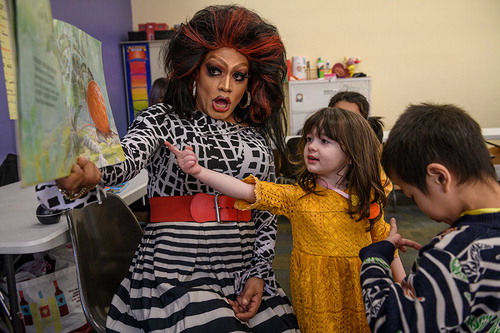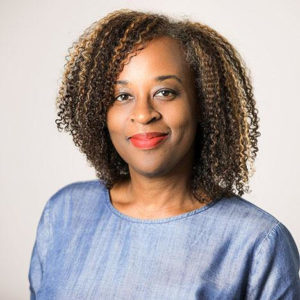According to a new report from Mike Lilley at the Sunlight Policy Center of NJ, leaders of the NJ Education Association (NJEA) are training some of their 125,000 teacher members “to become political activists and push for radical education policies in local school districts.” This is occuring through programs–two held earlier this month—called “Teaching is Political: Advocating and Organizing for Social Change.”
How radical? Is teaching really “political”? And what does all this mean for kids?
Let’s start with the Radical Pedagogy Institute, which NJEA hired to run these trainings; it defines its mission as “disrupt[ing] normative structures” and “re/humanizing education for all pre-k-12th grade students.” (Irony alert: one of the two founders is Leah Owens, who ran for a Newark School Board seat on a platform called “Children Over Politics
.”) Part of the recommended curricula for students in K-3d grade is “Drag Queen Story Hour” where educators emulate drag artists in order to “channel their penchant for playfully ‘reading’ each other to filth’ into different forms of literacy, promoting storytelling as integral to queer and trans communities, as well as positioning queer and trans cultural forms as valuable components of early childhood education.”
Why are teachers emulating drag queens? (No shade on drag queens or those who identify as queer.)
Lilley–who says he was unaware of this program until a teacher directed him to NJEA’s promotional material, or that the NJEA was “actively taking sides” in the political fight over New Jersey’s Student Learning Standards—writes,
The explicit purpose of these sessions is to train teachers to politically organize fellow teachers, find allies in the local community and help effect radical education policy change in their local school districts. While the NJEA claims it is fighting “bad actors who seek to politicize our schools,” it is the NJEA that is seeking to politicize teachers and schools.
Let’s look more closely at what content 1st-3d grade teachers were urged to incorporate into school curricula at the behest of NJEA and the Radical Pedagogy Institute:
- [The aforementioned] “Drag pedagogy: The playful practice of queer imagination in early childhood” This course seeks to “provide a generative extension of queer pedagogy into the world of early childhood education.”
- “Black Lives Matter at School: From the Week of Action to Year-round Anti-Racist Pedagogy and Protest,” which states that there is “daily curricular violence” against Blacks in American public schools, including: “the erasure and appropriation of Black struggle, as in the Lincoln-freed-the-slaves myth; the failure of the curriculum to account for the centrality of slavery and anti-Black racism in the shaping of U.S. history, North and South; teaching contempt for Black culture — including African American Vernacular English.”
- “Reading, Writing and Racism: Disrupting Whiteness in Teacher Education and in the Classroom,” which “examines current examples of racist curricula that have gone viral to demonstrate how Whiteness is entrenched in schools and how this reinforces racial hierarchies in the younger generation.”
- For future early elementary school teachers: “Queering Mathematics: Disrupting Binary Oppositions in Mathematics Pre-Service Teacher Education,” which “documents the extent to which sexist and heterosexist ideologies … perpetuate borders in mathematics that marginalize women and queer people” and presents “recommendations that will be useful for teachers, teacher educators, and mathematics researchers alike about how to queer mathematics education.”
Lilley says NJEA leaders are “training teachers on how to fight these parents [who object to the new Learning Standards] and enact education policies that permit the radical indoctrination of six and seven-year-olds in New Jersey’s elementary schools.” Radical indoctrination? Maybe, maybe not. But as New Jersey and the rest of the country confront the massive learning loss experienced by students over the last two years, as experts plead for total focus “on getting students back to pre-COVID academic levels,” is teaching educators how to “queer mathematics” the best use of everyone’s time? Is this really what’s best for students?
Your call.
(Photo courtesy of the Radical Pedagogy Institute.)




